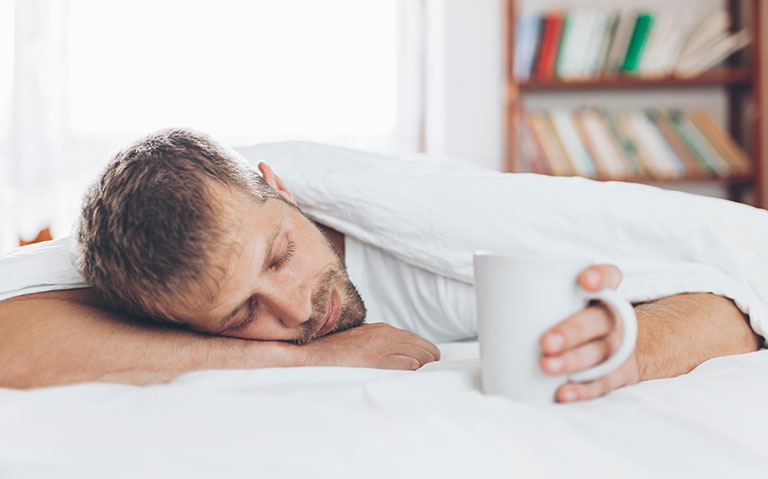Characterized by inability to stay asleep or fall asleep, insomnia results to a non-restorative sleep. Insomnia can also be defined by the quality of sleep you’re getting and the way you’re feeling after sleeping. While many perceive insomnia as a sole disorder, it is a more complex sleeping disorder, often as a symptom of another health issue.
When it comes to the causes, these vary from one person to another. For example, you might be drinking too much caffeine in the day, which is why you cannot sleep at night. Or perhaps, you’re feeling too much pressure from work or your responsibilities. Over thinking about these things can make it hard for you to sleep.
Fret not, though, because many insomnia cases can be cured with lifestyle changes – all without getting help from a doctor for a prescription or consulting a sleep specialist.
Main causes of insomnia
- Waking up frequently in the middle of the night
- Relying on alcohol or medicines to fall asleep
- Daytime fatigue, tiredness or drowsiness
- Waking up the next day still tired
- When awakened, difficulty in getting back to sleep
- Despite being tired, inability to fall asleep or stay asleep
- Waking up too early in the morning
Fighting insomnia: how to sleep better
If you want to improve sleep quality, check out the following tips for help.
- Napping during the day will make it hard (and even harder if you’re an insomniac) to sleep at night. Now if you cannot help but take a nap, you should stick to only up to 30 minutes before 3 pm.
- Check your bedroom. Is it dark, cool and quiet? Know that a too cold or too hot bedroom won’t help. The same goes for light and noise. It might also be due to uncomfortable pillow or mattress. For help, you might want to try different mattress firmness, for instance. You can also make use of earplugs to mask any noise or use a sound machine.
- Regardless, you must stick with a regular sleep schedule to train your biological clock and help you sleep and wake up at the same time each day, even on the weekends. Do not tend to oversleep on a Saturday or Sunday or you will be disrupting your sleep schedule again.
- Do not engage in a stressful situation or stimulating activity before bedtime because they can keep your mind stimulated and awake. You should postpone things like checking emails or engaging in arguments before bedtime.
- Turn off your mobile phone, laptop and TV one hour before going to bed because they’re blue light sources that can alter the production of melatonin and keep you from sleeping. Instead of using your gadget, do a relaxing activity, such as listening to meditative music, reading a book or soaking in a bath.
Final Thoughts
Insomnia disrupts sleep and causes higher levels of stress in the body. You wake up irritable and not feeling refreshed at all. To battle it naturally, try the tips shared above and develop healthy sleeping habits, such as sleeping and waking up at the same time daily and avoiding a nap longer than 30 minutes.
Do you think we missed a natural remedy to get rid of insomnia? Tell us in the comment section. Finally, share the article on Facebook and help others sleep better today!




